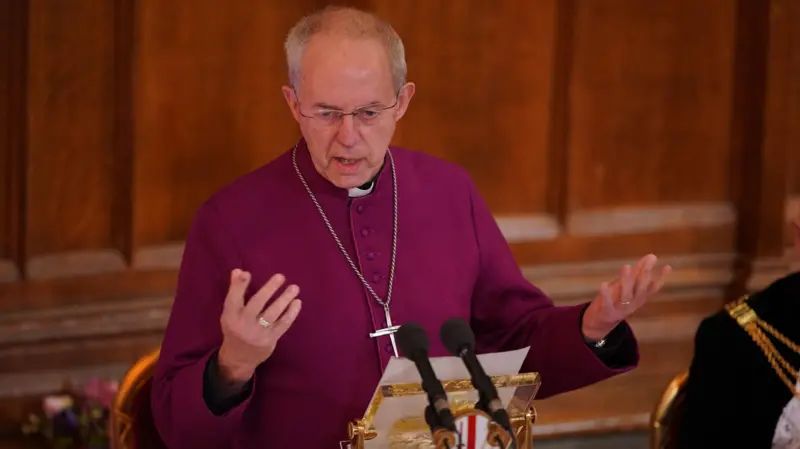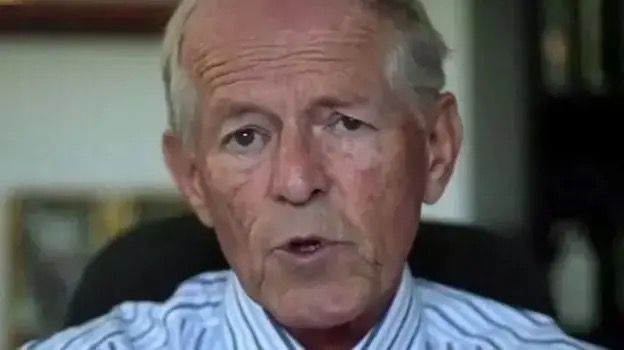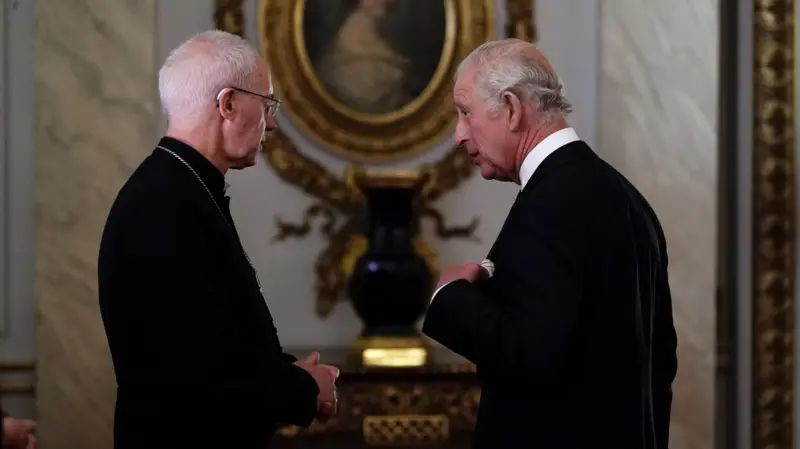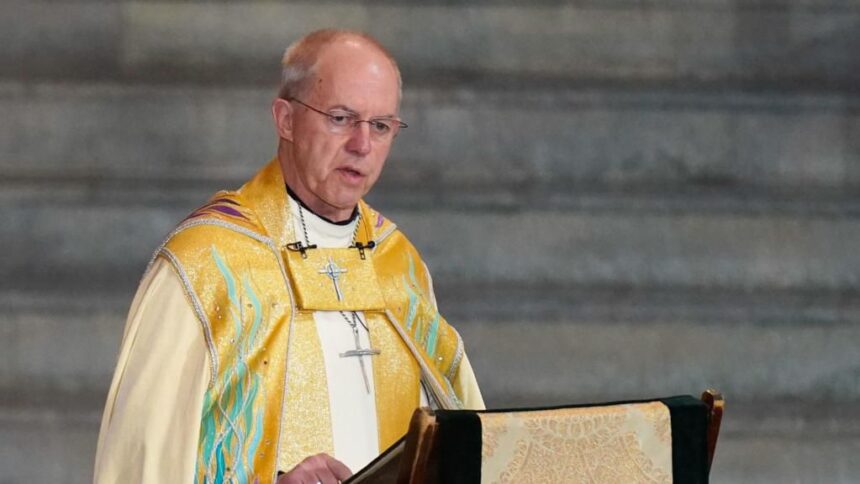By Nakiwala Barbra
Archbishop Justin Welby announced his resignation as the head of the Church of England, just days after the release of a harrowing report detailing the Church’s longstanding cover-up of abuse.

The resignation follows the Makin Review, which unveiled a pattern of concealed abuse by John Smyth QC, a prominent barrister and leader within the Christian charity Iwerne Trust. Smyth reportedly abused more than 100 young boys at Christian summer camps in the 1970s and 1980s, with the Church allegedly failing to take meaningful action for decades.
In his resignation statement, Welby noted, “Having sought the gracious permission of His Majesty The King, I have decided to resign as Archbishop of Canterbury. The Makin Review has exposed the long-maintained conspiracy of silence about the heinous abuses of John Smyth. When I was informed in 2013 and told that police had been notified, I believed wrongly that an appropriate resolution would follow.”
His decision reflects a profound sense of accountability for what he described as a “long and retraumatizing” period, adding that the Church must demonstrate true commitment to safeguarding its members.
The Makin Report recounts the disturbing details of Smyth’s abuse, including his brutal physical and psychological manipulation of boys, whom he reportedly took to his home and subjected to repeated lashings with a garden cane. The Iwerne Trust documented his practices as “horrific” as early as 1982, but it was not until 2013—over 30 years later—that the Church alerted authorities. Reflecting on this failure, Welby expressed sorrow, stating, “I believed wrongly that an appropriate resolution would follow,” and acknowledged that the Church has a long road ahead to regain the trust of its members and the public.

Welby’s resignation is seen as a watershed moment for the Anglican Communion, which has been significantly strained over the scandal. Earlier this year, Anglican provinces in Uganda, Rwanda, and Nigeria severed ties with the Church of England, citing the Church’s perceived mishandling of abuse cases and other human rights concerns. The Archbishop’s resignation could potentially open doors to reconciliation with these regions.
In his parting words, Welby conveyed deep shame and regret, underscoring the need for change. “I pray that this decision points us back towards the love that Jesus Christ has for every one of us.

For above all else, my deepest commitment is to the person of Jesus Christ, my saviour and my God; the bearer of the sins and burdens of the world, and the hope of every person.” Welby also expressed gratitude to his family, especially his wife Caroline, for her unwavering support, and asked for prayers as he steps away from his role and focuses on meeting with abuse survivors.

As Welby’s tenure comes to an end, the Church now faces a critical moment, aiming to restore faith among its congregants and implement policies that ensure transparency and safety. His resignation is expected to accelerate these efforts, signaling a potential new era for the Church of England.








